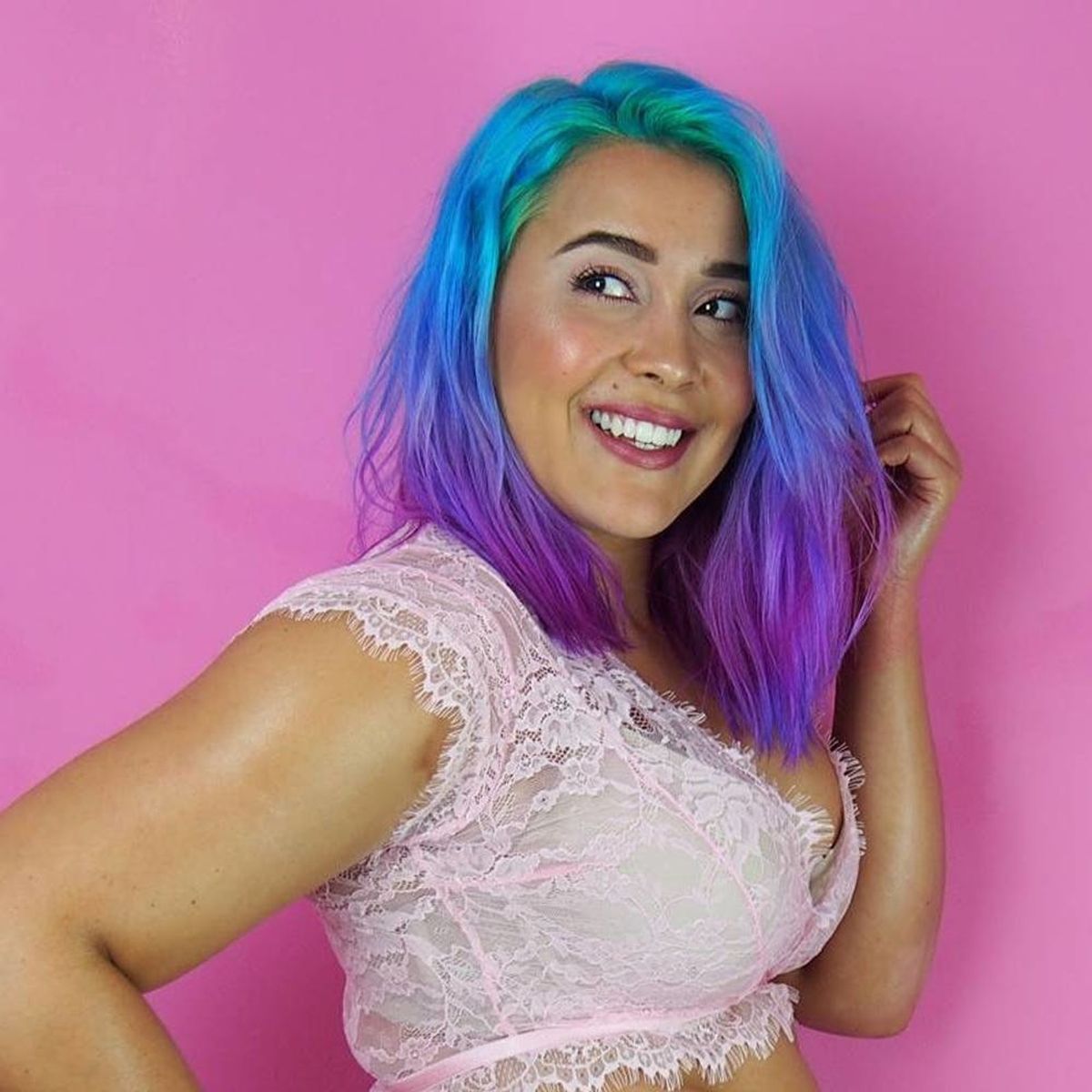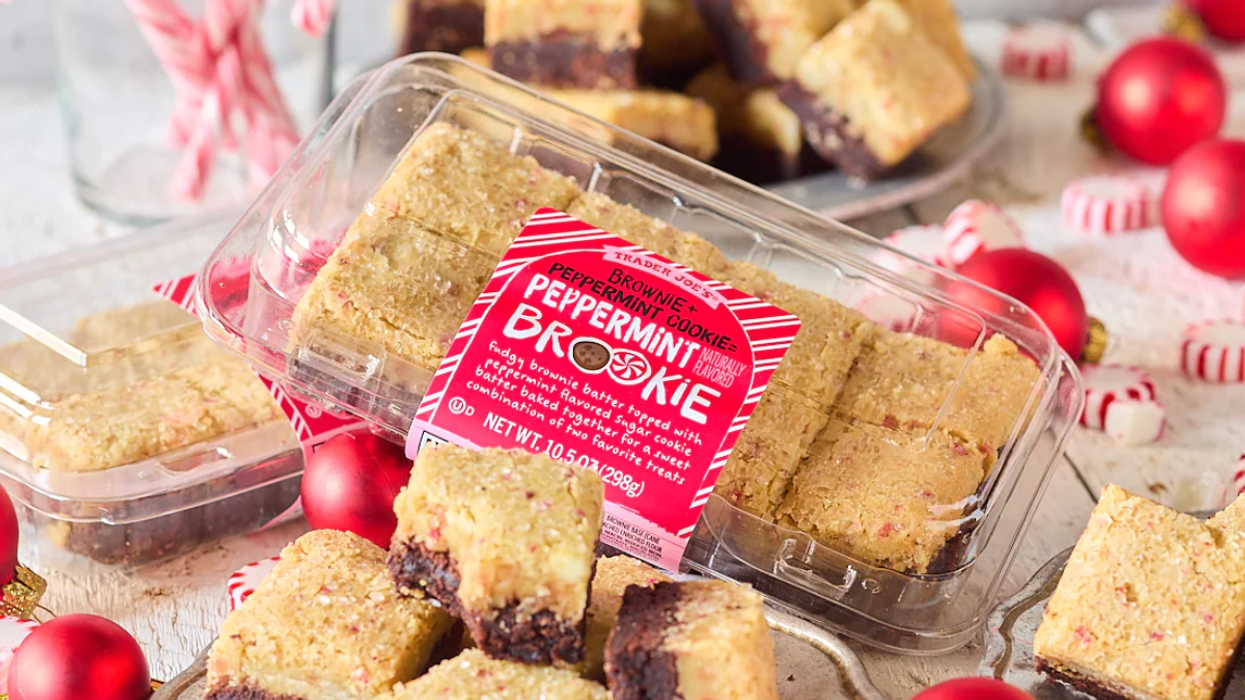Respect and confidence are a match made in heaven.
Why Body Confidence and Body Positivity Aren’t the Same Thing

Taking care of yourself is key to shining from the inside out, but even the most health-minded people who stick with a solid wellness routine can struggle with loving how their body looks. Megan Crabbe, author of Body Positive Power, got real with us about what self-esteem means to her and how she learned to love the skin she’s in.
Crabbe started by reminding us that being body positive is about so much more than simply being confident about your shape. “Body positivity is so often used interchangeably with body confidence, and I totally understand why on the surface it might seem like ‘body positive’ simply means ‘feeling positive about your body,’” she says. “Actually, it’s a whole lot more than that. Body positivity is a movement based in the belief that all bodies — all shapes, sizes, skin colors, ages, genders, and abilities — are worthy of respect and that no person deserves to be treated like they’re worth any less than another based on their body. It’s about fighting for everyone and fighting against the systems that place certain bodies as more or less valuable than others, systems like fatphobia and diet culture, racism and colorism, queerphobia, ageism, and ableism.”
Body confidence (or self-esteem), on the other hand, is about your own internal relationship with your body and how you feel about yourself, Crabbe explains. “Of course the two are connected, because how we feel about our bodies is impacted every day by what we’re taught from the culture around us, but recognizing the difference is important. Body confidence is about your own body, body positivity is about all bodies.” Here are her top tips for developing body confidence.
1. Ditch dieting. “I vowed to never diet again,” Crabbe beams. “After a lifetime of ignoring my hunger and using exercise as a way of punishing my body rather than celebrating it, I realized that if hitting a goal weight had never made me happy before, it probably never would.”
2. Emphasize intuitive eating. Listening to your body is essential to a healthy relationship with food, Crabbe says. “I learned to heal my relationship with food and movement using intuitive eating and Health at Every Size principles. Rebuilding trust with my body and learning how to truly listen to it & make decisions from a weight-neutral and shame-free place was a game changer.”
3. Question old internal beliefs. “I challenged my own internal fatphobia and body biases by listening to and learning from the experiences of others whose body relationships were different from mine,” Crabbe explains. “We all exist within a cultural narrative that teaches us to judge, criticize, and shame people based on their size, but perpetuating that kind of fatphobia hurts all of us, and the stigma it creates does real damage to fat people every day.” Crabbe tells us she had to open herself up to a new way of thinking to heal herself and truly respect others.
4. Focus on respect first. Health is important, but Crabbe points out that respect is essential. “There are so many misconceptions about body positivity when it comes to the topic of health — people use ‘health concern’ as a reason to dismiss the movement and claim that it’s hurting people. What they don’t realize is that, at its core, body positivity is about respect,” she explains. “You can respect someone regardless of their health status. You can respect someone regardless of whether you find them personally attractive. You can respect someone even if their body is very different from yours. And although it’s so important to talk about how you can never tell someone’s health from a picture online (no really, you can’t), we also need to be saying that someone’s health doesn’t determine whether you get to treat them like they’re worthless. You don’t get to decide whether another human being deserves basic respect based on your opinion of their body. They do. We all do.”
How do you embrace body-positive vibes? Tell us on Twitter @BritandCo.
Brit + Co may at times use affiliate links to promote products sold by others, but always offers genuine editorial recommendations.










